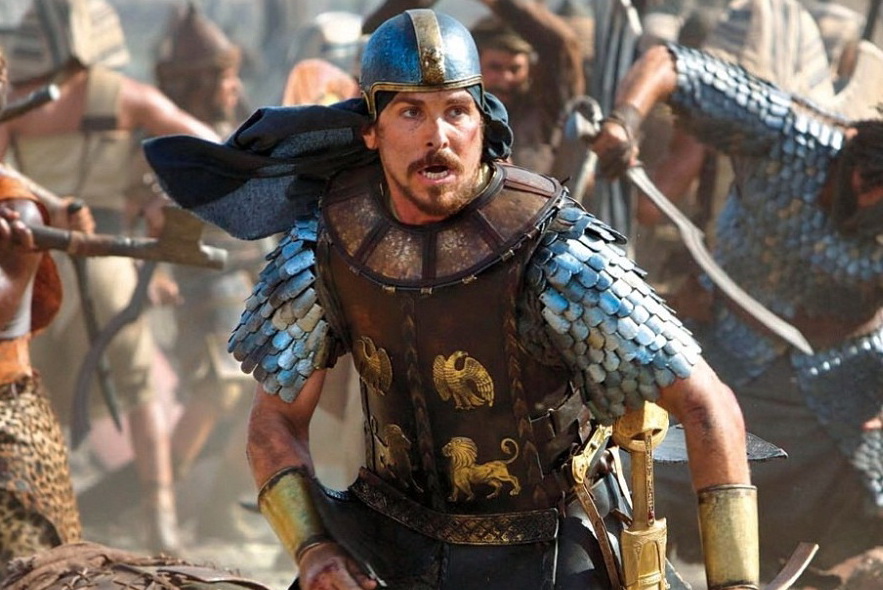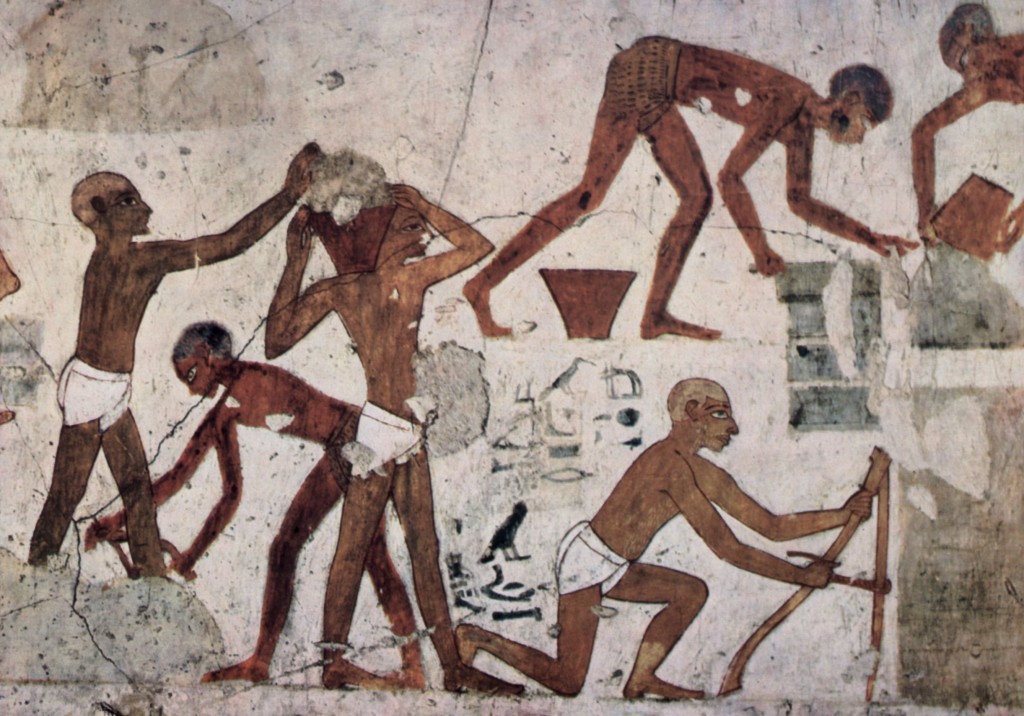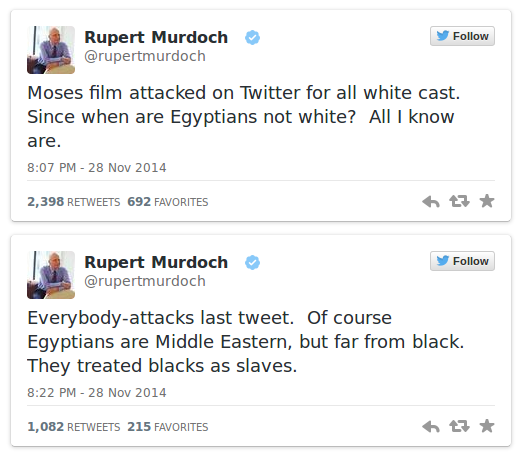CofCC
December 1, 2014

Blacks, meaning sub-Saharan Africans, did not live in Egypt in large numbers until the Muslim slave trade started in the 700s AD. Any blacks living in Egypt in the 1400s BC would have been in small numbers.
Black people in Egyptian art, at this time, are typically depicted as prisoners of war. The black Nubians are usually depicted as a conquered people paying tribute to the Egyptians.
Most people in Northern Africa were part of a group anthropologists refer to “North African Caucasian.”
DNA from the pharaoh King Tutankhamun shows that the royal family is closely related to modern Western Europeans. Tutankhamun was a Pharaoh in the 1300s BC.
In modern day Egypt, the upper class has the lightest skin. Some working class Egyptians look like Mulattoes. Dark skinned sub-Saharan, who’s ancestors were slaves prior to the banning of slavery in 1896, live in absolute poverty outside of the main cities.
Black power activists are calling for a boycott of the movie Moses, for correctly portraying the ancient Egyptian upper class as white.

The leading expert on Ancient Egypt, in all of Egypt, has already addressed the claims by American black power activists. Zahi Hawass is the former Minister of State for Antiquities Affairs. In 2011, he responded to American black power activists saying “Tutankhamun was not black, and the portrayal of ancient Egyptian civilization as black has no element of truth to it. Egyptians are not Arabs and are not Africans despite the fact that Egypt is in Africa.”
Sir Ridley Scott is being denounced as a “racist.” Scott responded to critics, saying it was not in his budget to get actual Middle Easterners to play roles. He was denounced even more vigorously as a “racist” for his response.
The entertainment website Medium.com, which is one of the top 500 websites in the USA, denounced the movie as “pretty racist.” The website also specifically attacked Sir Ridley Scott as “infuriating.”
Surprisingly, the normally very liberal News Corp owner, Rupert Murdoch, is fighting back.

